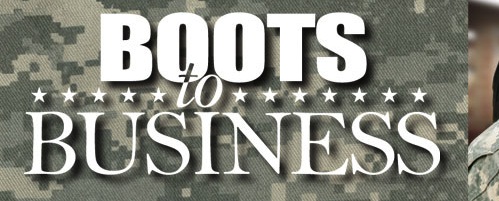REGISTER Now – Veterans Small Business Forum – at USAID
On Tuesday, October 13, 2015, from 10 am – 12 pm attend the Veterans Small Business Forum hosted by US Agency for International Development (USAID) Office of Small Business Programs, Washington, DC
The agenda includes: Doing Business through USAID, New Veterans Small Business Coalition, VA Veterans National Small Business Conference – Pittsburgh, Doing Business with WMATA, and Kingdomware at the Supreme Court.
Network with new and experienced business owners. You MUST Pre-Register at http://conta.cc/1j0Zsbp to attend. If you can’t make it in person, you can participate by phone: (641) 715-3605, Code 877589# (Call lines will open up at 9:55 am)











